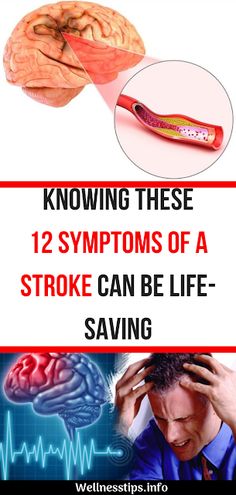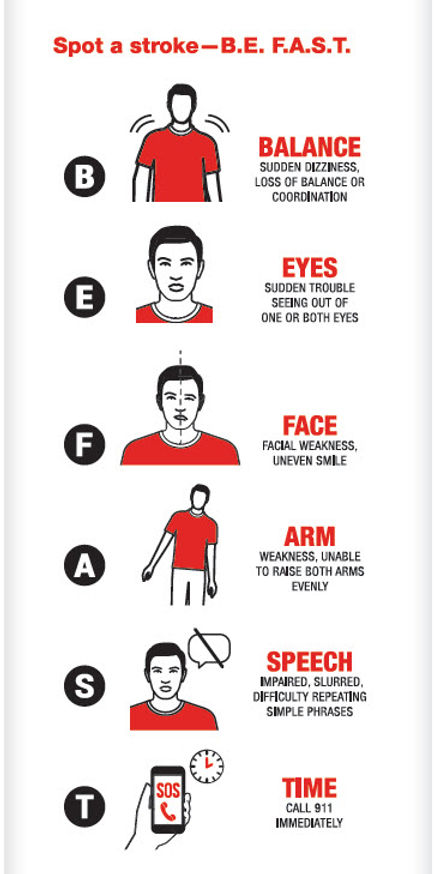
Those who have experienced a stroke may notice difficulty speaking or understanding speech, numbness in the face, arm, or leg, or trouble moving. Often, symptoms are localized, and one side of the body is affected. The face may appear to droop and the mouth may droop when the person smiles. The person may also experience blackouts or blurred vision, or may even experience double vision.
In addition to these common stroke symptoms, people should be aware of the earliest signs of a stroke, such as trouble speaking. If a person fails to make a simple speech test, they should call 911 right away. This will help doctors determine how long the stroke has lasted. Time is crucial in the early stages of the disease, so it’s important to seek care quickly. The best time to seek treatment is within three hours.
Although stroke symptoms are not life-threatening, they should be noted. A person with stroke should seek immediate medical attention if they experience one or more of these signs. Despite the temporary nature of the signs, it is essential to remember that these events represent an emergency. The most obvious of these symptoms is loss of vision. Those who suffer from loss of speech should visit a doctor immediately, and their condition must be evaluated immediately. While these symptoms are not life-threatening, it’s best to seek immediate treatment from a qualified physician.
The next sign of a stroke is trouble speaking. This is a sure sign that the disease has already taken hold. If a person cannot speak, it’s a good idea to call 911. A speech test can help determine how long the stroke has been present. In the early stages, time is critical, so get to the nearest emergency room as quickly as possible. The sooner you reach the hospital, the better. The earlier you treat it, the more chance you’ll have of avoiding a life-threatening stroke.
The first and most common of stroke symptoms are sudden, severe headaches and dizziness. The person may lose consciousness or may experience an aura. They may also lose balance and have difficulty speaking. If the above symptoms are present, it’s important to call 911 and receive immediate treatment. If the symptoms persist or worsen, the person should get emergency medical attention immediately. The stroke symptoms should not be ignored. Acutely, these signs are the first indication of a stroke.

The next symptom of a stroke is the inability to speak. Affected people may have difficulty speaking or not be able to speak at all. The patient may be confused, unable to speak, or even experience nausea or vomiting. It is important to seek immediate medical attention to avoid permanent brain damage and prevent complications. There are several ways to detect a stroke, which can end in death. Fortunately, the best way to determine this is to ask your loved one a simple question.
As soon as you notice these symptoms, call 911 immediately. Those who have a stroke should be hospitalized immediately. Getting to the hospital quickly can help minimize the effects of a stroke. Find out about these signs at https://ihealzy.com/
and you can prevent a stroke and avoid its devastating consequences. And, once you’ve experienced stroke symptoms, don’t wait any longer. The sooner you get to the hospital, the better.
There are several signs of a stroke. The patient’s body may not respond to the same stimulus, and stroke symptoms may vary. However, it is important to recognize the signs of a stroke, as every second that passes after a clogged blood vessel results in the death of more brain tissue. In addition to the above symptoms, the patient should feel throbbing, numbness, or weakness in one arm or leg.
In addition to the above symptoms, the patient may experience weakness in the arms or difficulty speaking. In addition, a stroke patient may have speech problems and may have difficulty speaking or swallowing. If they have speech problems, call 911 immediately. It is important to act quickly, as time is of the essence in the initial stages of a stroke, because every second means more brain tissue is dying.